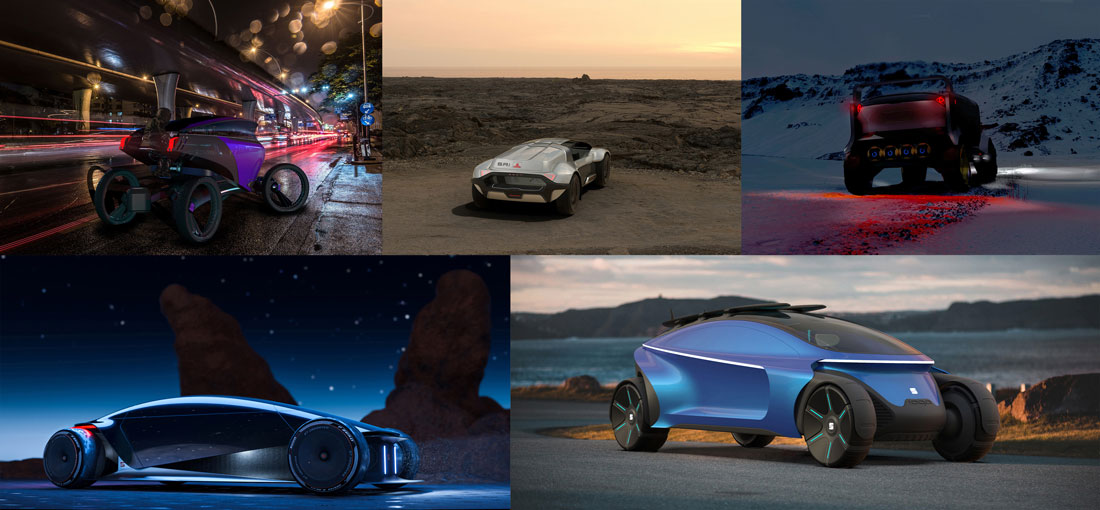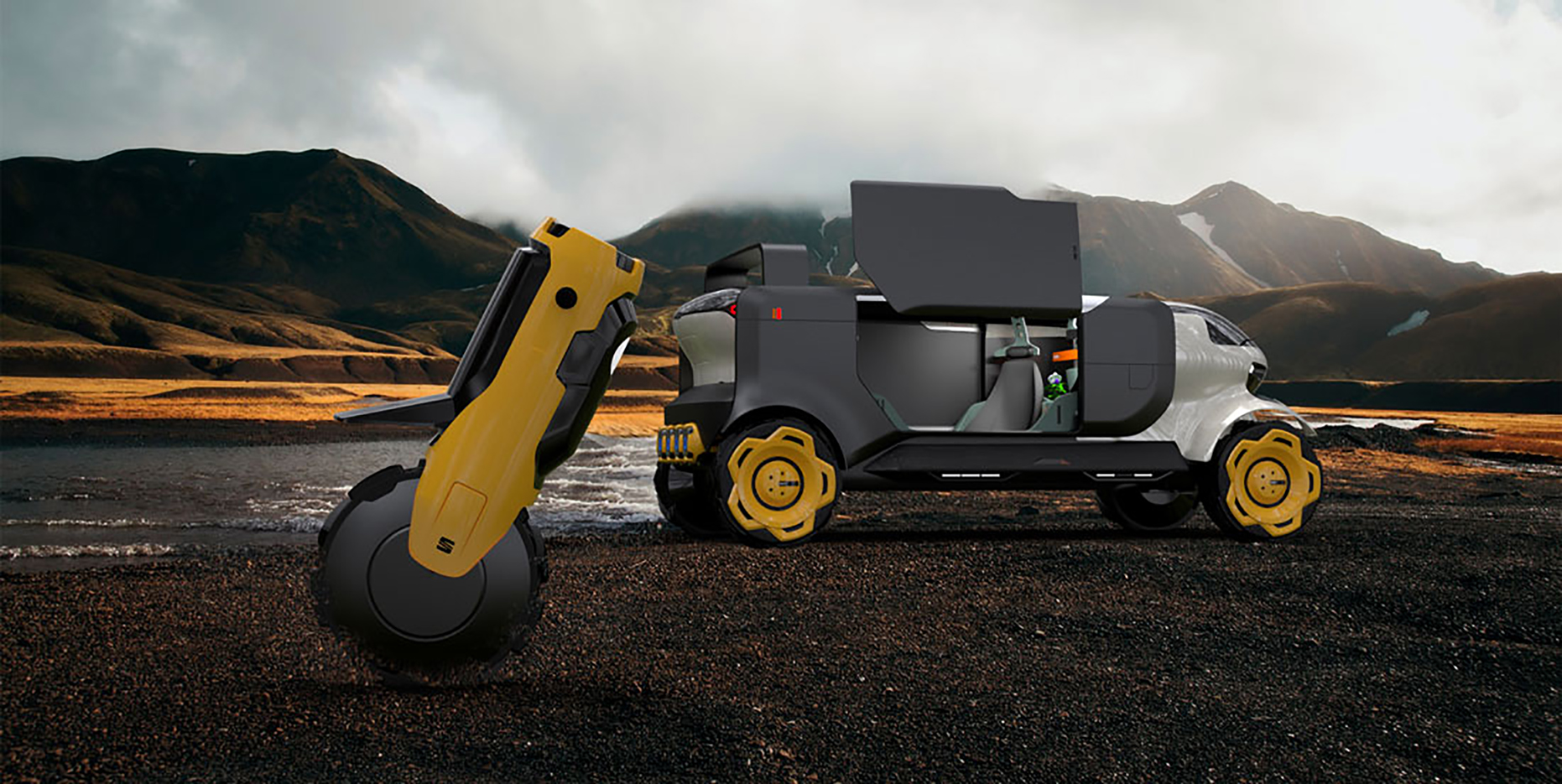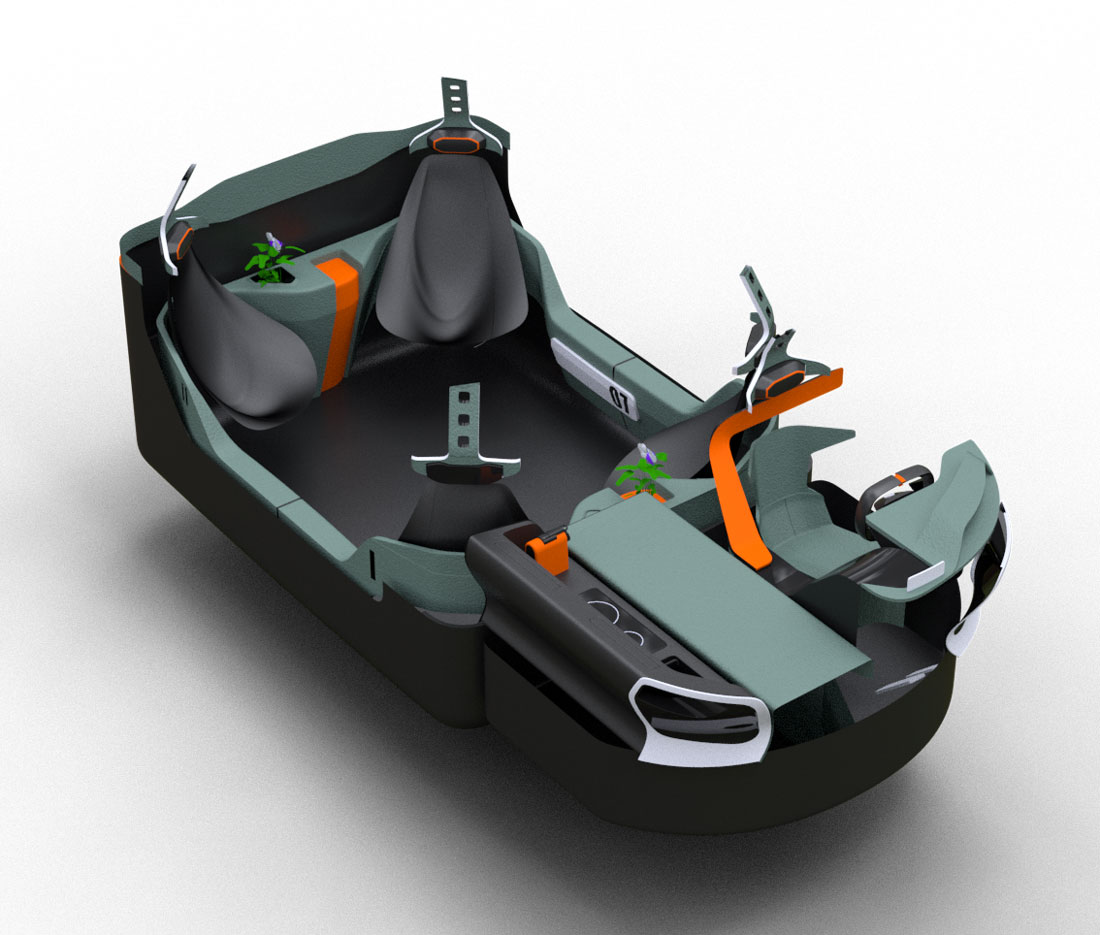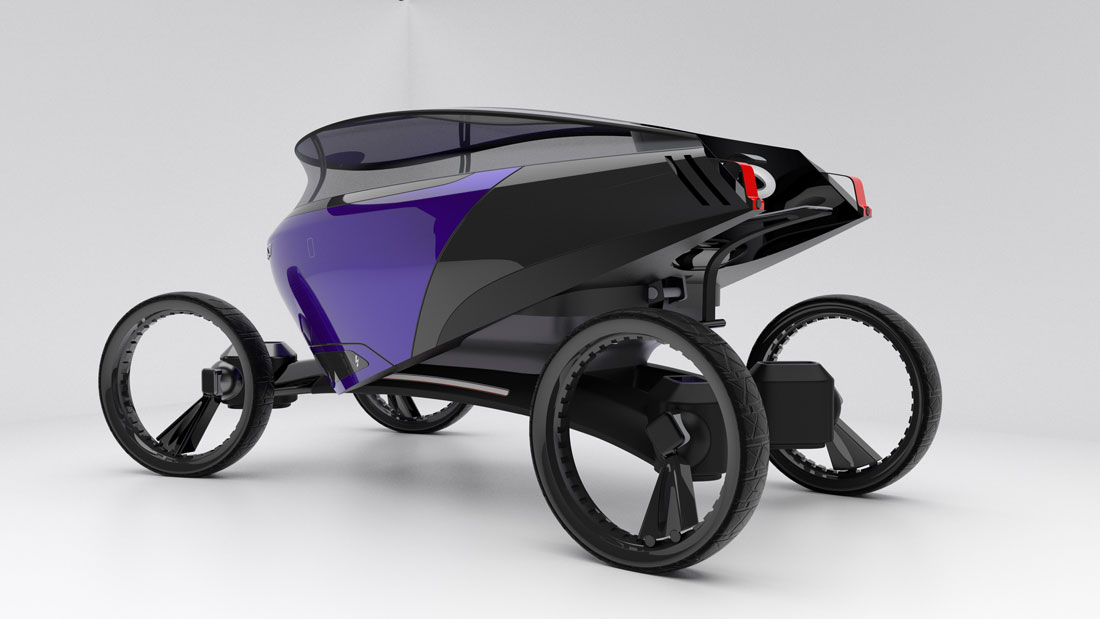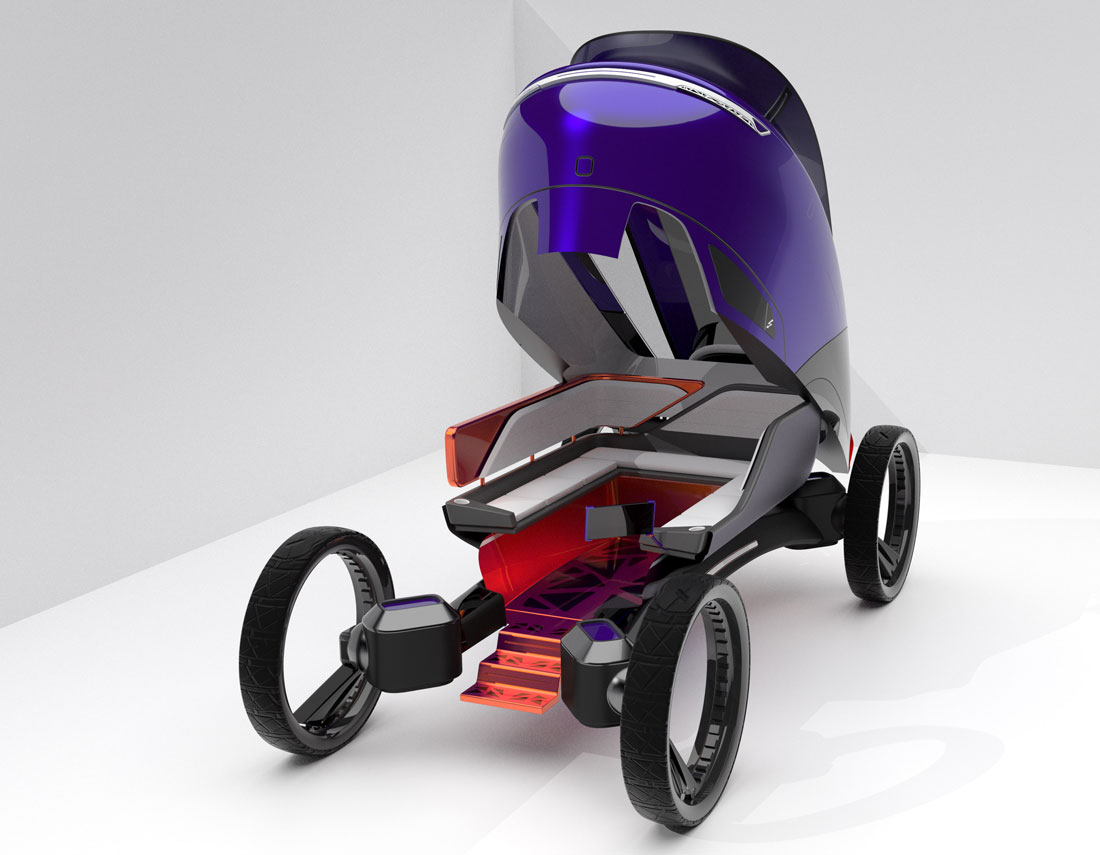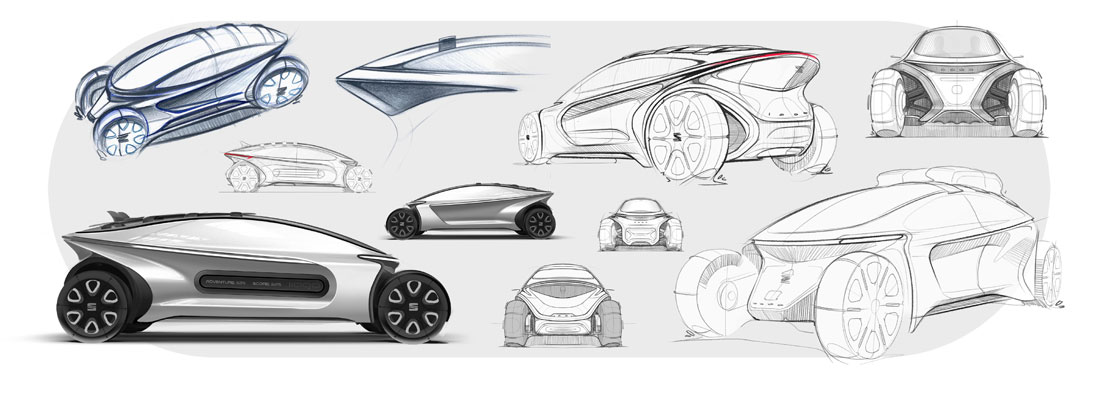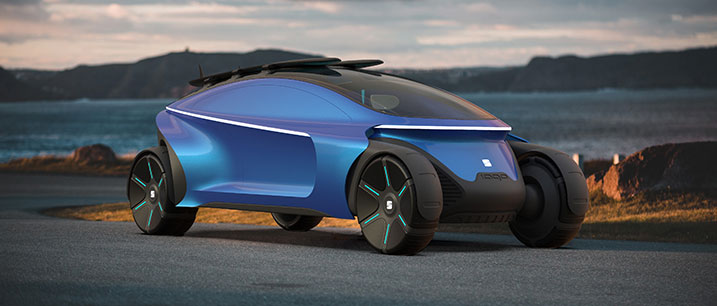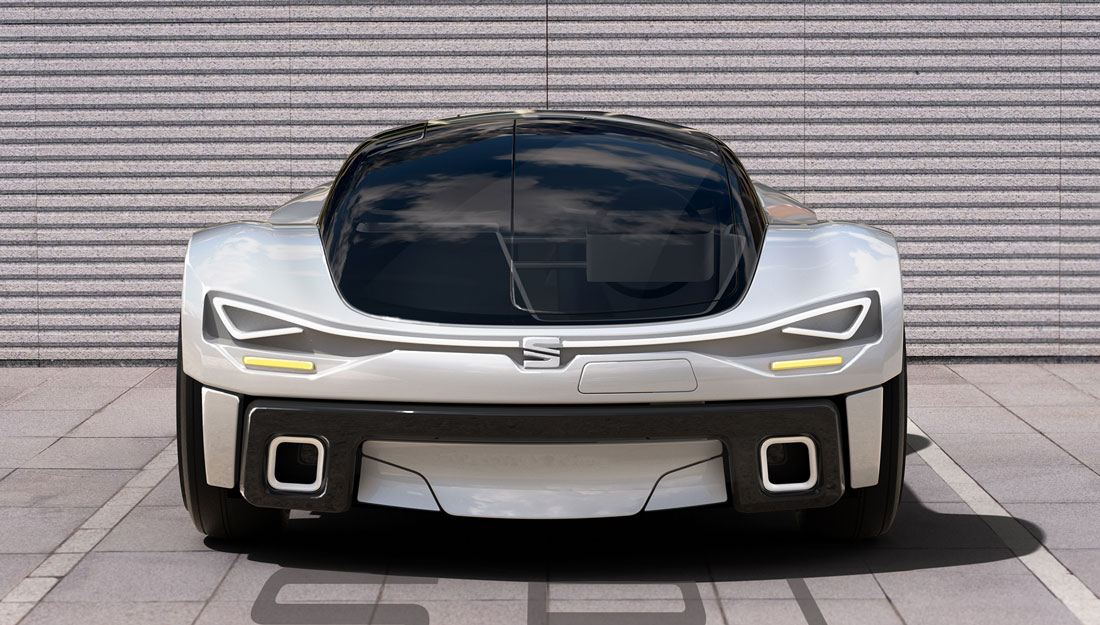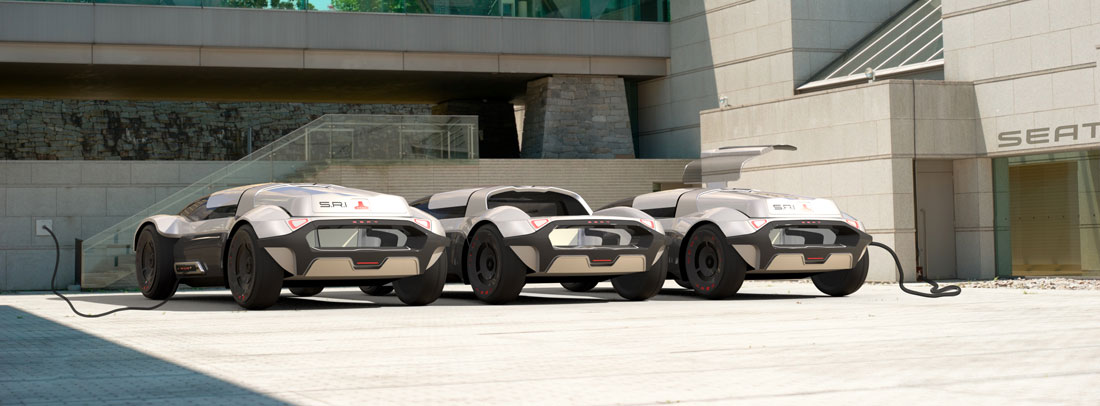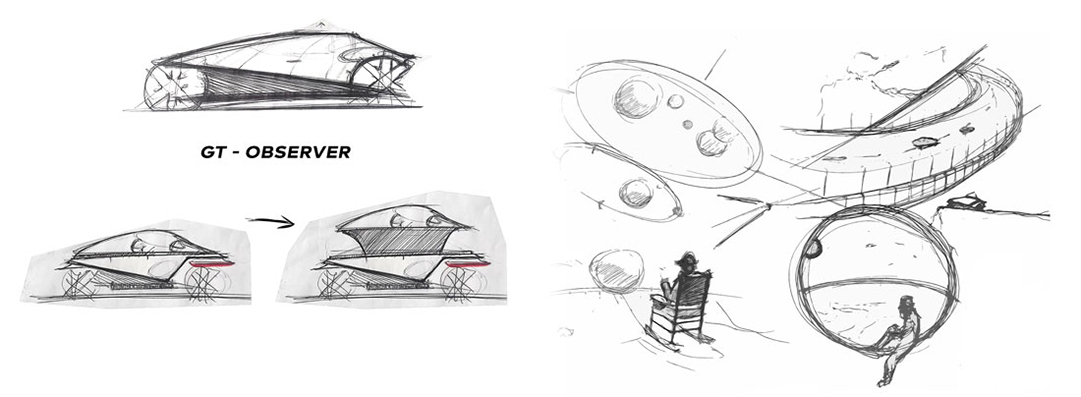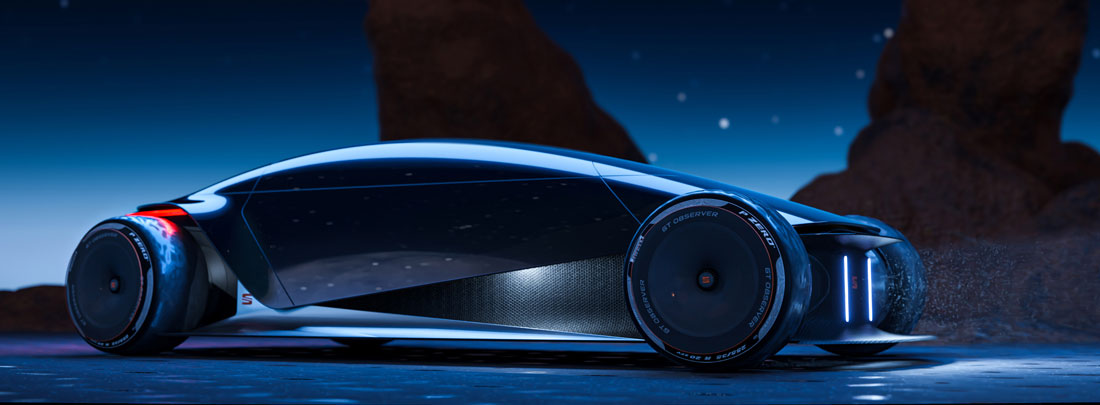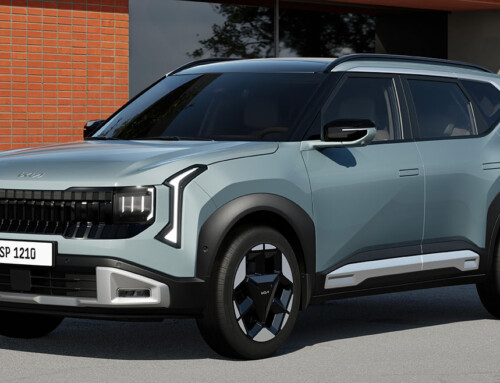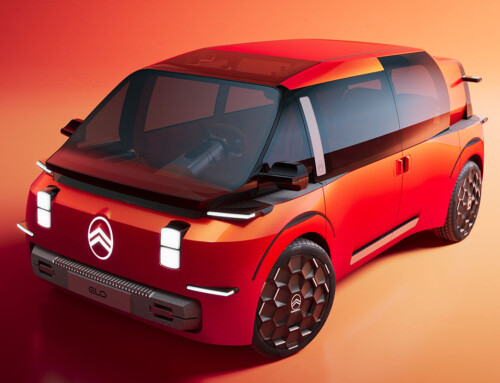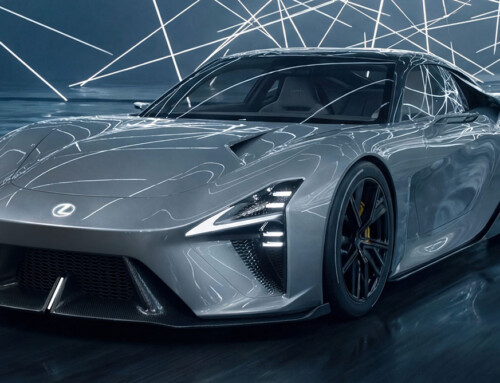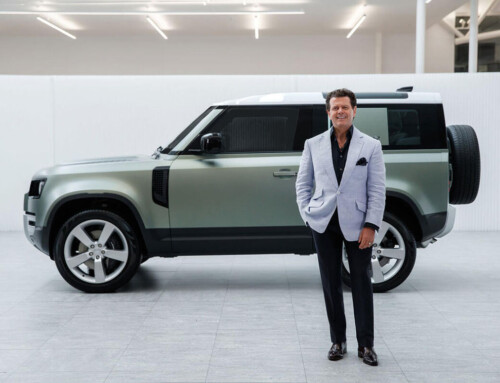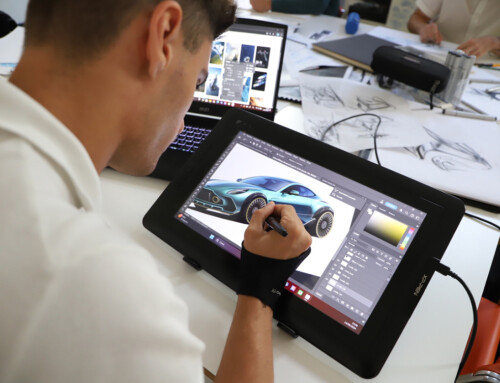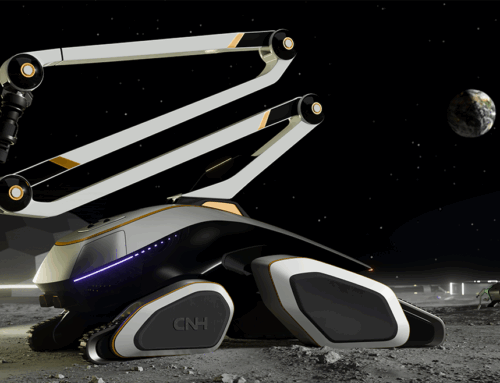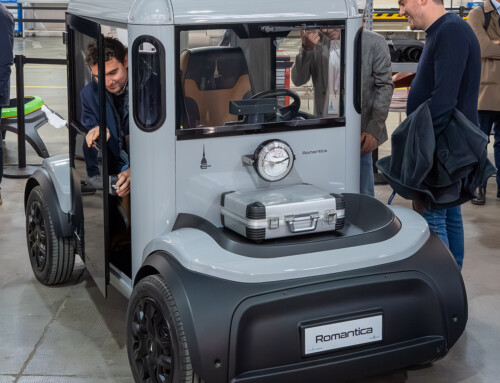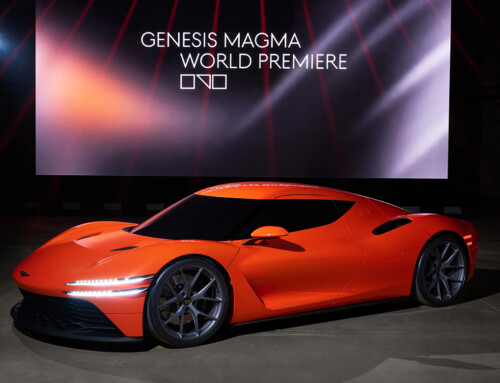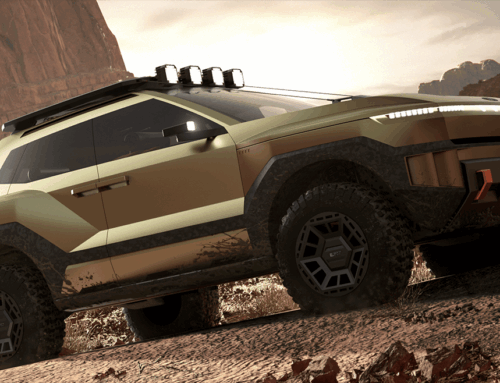IED Barcelona Design School, in collaboration with SEAT and CARNET Volkswagen Group Innovation Barcelona, has embarked on the project NeXst — The Greatest Trip. An initiative based on the development of proposals for the mobility of the future that enhance human relationships and safety during journeys, with the aim of promoting sustainable tourism.
SEAT and CARNET Volkswagen Group Innovation Barcelona challenged students from IED Barcelona to explore new experiential scenarios for passengers related to a possible inter-urban and extra-urban group vehicle and mobility service. They invited these students to imagine scenarios for new forms of tourism, maintaining the safety of “bubble” groups and enhancing the experience of short-distance national and European travel.
The final design should provide a proposal for a vehicle that would promote sustainable travel, based on Sustainable Development Goals 8 (Decent Work and Economic Growth) and 12 (Responsible Consumption and Production) of the United Nations’ 2030 Agenda.
With this in mind, students have designed car-sharing systems to serve the most depopulated areas in order to benefit Rural Spain and get to know the territory; vehicles that, through the use of Big Data, are capable of personalising seats, lights and textures according to each person or journey; cars adapted to the psychological state of the moment; or vehicles that, with just one click, offer group games to explore the country as if it were a real scavenger hunt, connecting all passengers to their environment with cultural, sporting or gastronomic proposals.
“Imagining new urban mobility scenarios, maintaining the safety of passengers as individuals or as “bubble” groups, and enhancing the short-haul traveller experience is a priority, now, more than ever. It is time to think about spaces, individuals and means of transport, bringing together different perspectives and enriching ideas with multidisciplinary contributions”, asserts Raffaella Perrone, Director of the Design School at IED Barcelona.
NOMADER – Hugo Iglesias
It was born from the concept of nomadism as a way of life and its evolution up to the digital era. Conceived for a variety of users — from families to co-workers, to groups of friends — it offers a travel experience aimed at those seeking new lifestyles and holiday alternatives. The proposal emphasises that the most important thing is not the destination but the discovery of the environment and of oneself, as well as the sense of freedom experienced through the journey.
DILI – Juan Donatiu
It offers a possible response to the problem of depopulation in Spain, focusing on mobility with a social character. In this light, the project proposes a route connecting rural areas as well as a car sharing service between hubs.
IAGO – Pep Gelis
It is the combination of a vehicle and a service designed for 2030 with the aim of promoting active local tourism and a healthy lifestyle, as well as strengthening links with the richness and diversity of our history, culture, traditions and gastronomy.
S.R.I. I (Seat Return Initiative) – Miquel Ferrer
It is a car sharing proposal that is committed to sustainable travel. Conceived for those interested in sport and nature lovers, it includes the design of an electric and zero-emissions vehicle with capacity for two to six passengers, as well as a HUB where you can obtain all the information and recommendations you need to plan your trip.
GT OBSERVER – Paul Levin
It is a vehicle designed for 2030 and inspired by the potential impact that space research will have on everyday life, changing our perception of the world and the universe. The design of the vehicle, intended for night driving, is inspired by grand touring cars as well as contemplation.
More on: https://iedbarcelona.es/noticias-info/vehiculos-experienciales-el-turismo-del-futuro-por-el-ied-barcelona-seat-y-carnet/

